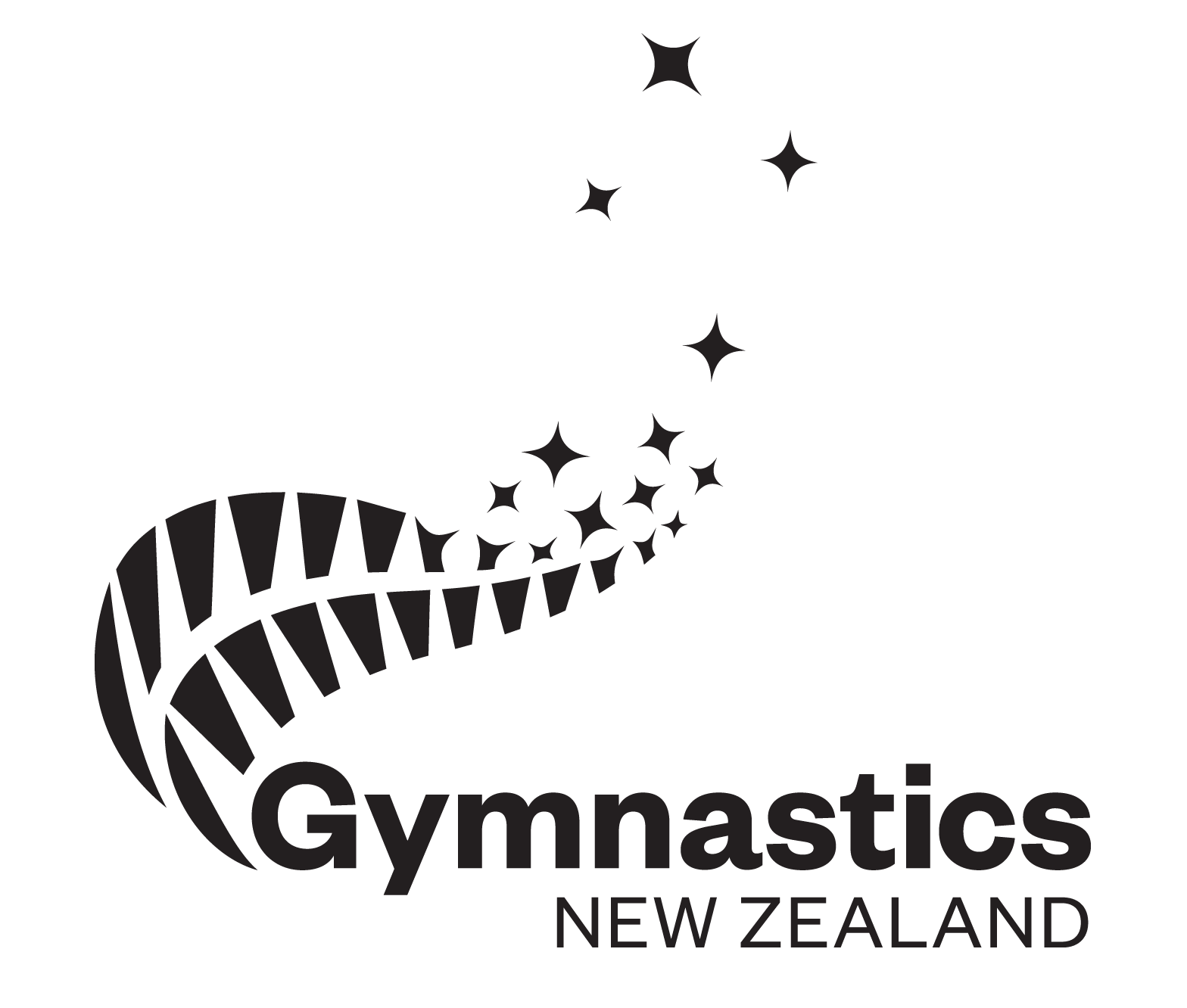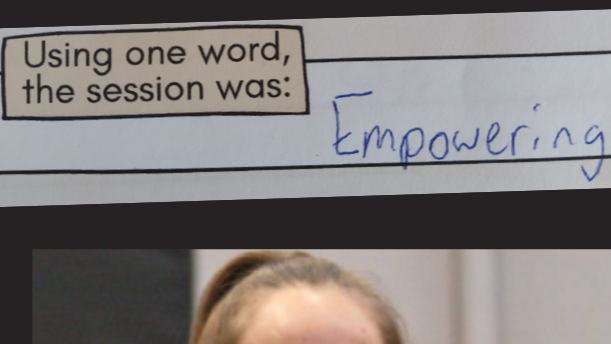When Jaime Pavlicevic returned from London in 2016 to settle down in Kerikeri after 14 years abroad, she was struck by both what the region had to offer – and what it lacked.
Renowned for its natural beauty, fantastic climate and thriving creative scene, the gateway to the Bay of Islands was a great place to raise a family.
But there was something missing. A mother of two girls, Pavlicevic had always been acutely aware that opportunities for girls – particularly in sport – are seldom equal to those of boys.
Across New Zealand, attempts to address this inequity were in their infancy. In Waikato, Sport Waikato’s This Is Me initiative is laser-focussed on creating opportunities for young women.
Elsewhere across the nation, Sport NZ’s Young Women’s Activation Fund supported programmes tailored to girls’ interests.
And with New Zealand soon to host women’s world cups in cricket, rugby and football, the nation was waking up to the thrill of elite women’s sport.
But, in Northland, that hadn’t yet translated into meaningful advocacy on behalf of the region’s young wahine.
“I didn’t see anything in Northland so I thought ‘maybe I’ll start something’,” says Pavlicevic, who founded Kitted with a mission to improve equity of opportunity for Northland’s girls.
“It just went from there,” she says.
The ‘it’ is a programme called Go Girls that blends together gymnastics, football, and wellbeing into a five-week programme for primary school girls. Where it has got to is truly impressive.
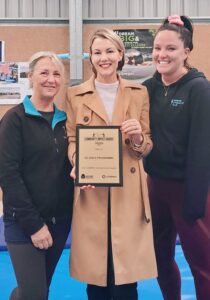
After a successful three-school pilot in 2022, 13 more Northland schools have adopted Go Girls. The programme is delivered by a partnership of the Kerikeri Gymnastics Club (of which Pavlicevic is president) Northern Region Football, Kitted NZ, the Ngati Hine Health Trust and I Am Hope. It runs for five weeks, in class time, and focusses on gymnastic and football skills, and wellbeing.
The partnership has allowed football to introduce the sport in a girls’ only setting, while gymnastics has benefitted by reaching girls in far-flung regions who have never encountered the sport.
It has been a win-win for both codes, with perhaps the biggest benefit to come from the programme being the successful integration of mental wellbeing in a sporting context.
“One of the amazing parts is the holistic element,” says Pavlicevic. “Having mental wellbeing alongside physical wellbeing is the way forward.
“I feel like all sports would benefit from having this as part of their programme. The kids have gotten so much out of it in terms of their self-esteem. The mental wellbeing part tackles issues like low self-esteem and a lack of confidence.
“A lot of the feedback we are getting is that the kids are really appreciating being given the opportunity to talk about it in a safe space.
“There have been a couple of times where kids have been referred to a counsellor from the session. That kind of safeguarding role we didn’t anticipate would come out of the pilot. We didn’t plan it – but it happened.
“That’s a huge benefit. Primary schools don’t have counsellors and some of these kids are in need of extra support.”
Pavlicevic’s reaction to an independent review into gymnastics that highlighted issues of significant long-term harm suffered by athletes was similar to that of in the sport’s regional hubs: “I was a bit like ‘we don’t really see that in our club’. We’re less elite and more recreational. But I don’t want to be that person who says ‘it’s not us’. You’ve got to acknowledge that this has happened and no matter where you are on the spectrum there’s something in the review recommendations for everyone.
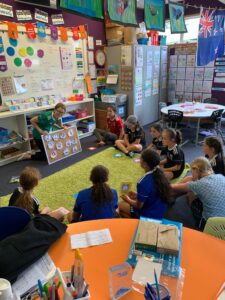
“Children’s wellbeing in sport hasn’t been considered across the board. It’s a global issue and we’re only really starting to dig into it now.
“If coaching does involve that wellbeing element then it makes it so much easier to have those hard conversations when they need to be had so that you can prevent issues from happening.
“I wouldn’t say it is a simple thing to fix – but it is a simple thing to implement. We’ve done it very seamlessly because the resources are already there – and importantly we’ve got the right person doing it.”
Kerikeri Gymnastics’ collaboration with football started with the codes bonding over the need for improved facilities and more coaches in the region. Pavlicevic served on a facilities committee alongside NRF’s Northland area manager James Coleman.
“We just started talking and the relationship has grown from there,” Pavlicevic says.
The pair’s first idea was for the sports to tap into the other’s memberships as a way of addressing their gender imbalances – gymnastics was mainly a sport for girls and football overwhelmingly played by boys.
That quickly morphed into a plan to provide a programme targeted solely at girls as they were more likely to participate and thrive in girls-only settings.
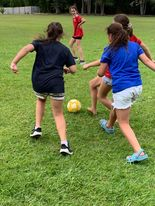
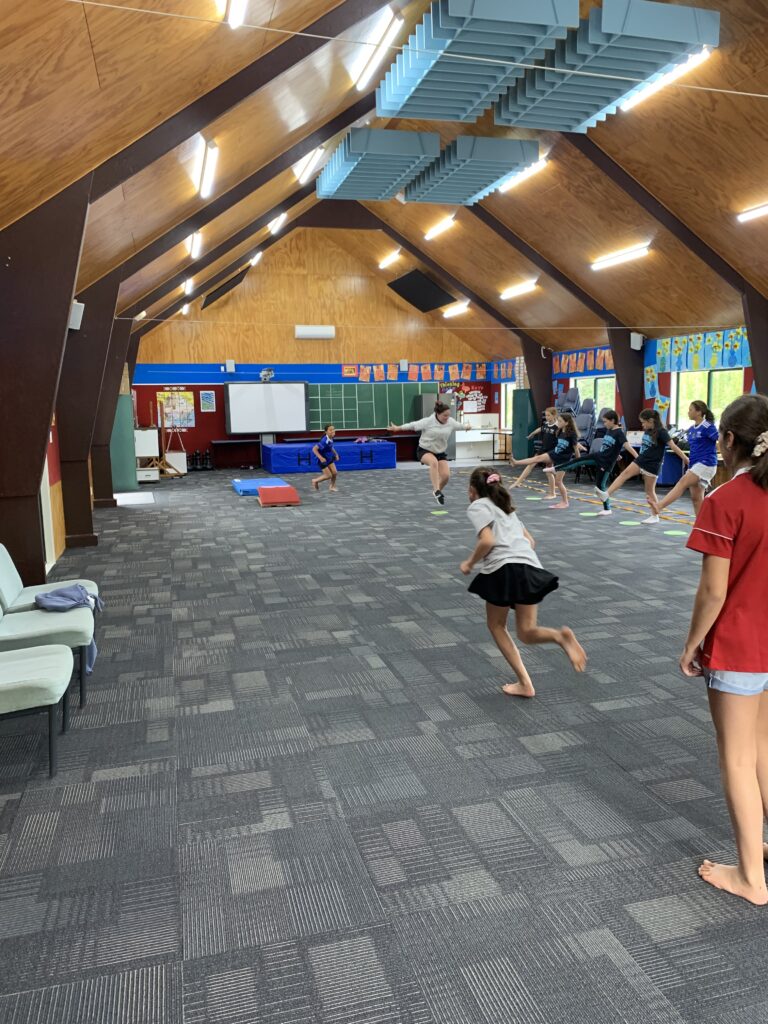
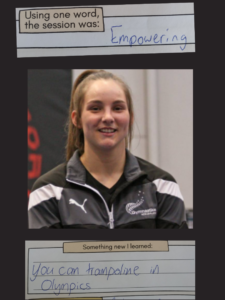
“The [girls] get less ball time [playing in mixed teams]. And when they’re learning they don’t like to be judged on their abilities. We know that from Sport New Zealand’s research.
“Go Girls was created because we wanted to do something specifically for girls. And the kids said they wanted to try more than one sport. That’s where gymnastics came into the fold.”
What might seem an unlikely partnership really isn’t, says Pavlicevic.
“Gymnastic movement is the foundation of all sports. So it’s about testing how we can teach and coach those complimentary skills.”
While Go Girls has helped football’s drive to encourage greater participation among girls, for gymnastics the major plus has been reaching kids in far flung regions who had never encountered formal gymnastics training.
“I was really struck and surprised by the amount of girls who had never tried gymnastics before. We’ve been able to go to them. Some of these girls are just learning to do a handstand or cartwheels and they are absolutely loving it.”
With Go Girls now being delivered across 13 schools, Pavlicevic estimates around 360 girls will have participated in the programme by early 2024.
“That’s pretty huge – and pretty huge on a shoestring,” she says.
“We’ve had such wonderful feedback from a couple of the principals of the schools. They are noticing a difference in their kids in terms of their confidence to take risks and try new things.”
But by far and away the best feedback has come from the kids who have participated in the cross-code classes.
“Overwhelmingly the response has been that it has been fun. That is the key to any kind of physical activity for children. If it is not fun, then what is the point? If they are not enjoying themselves there is no point. It’s really quite simple.”
- A unique experience is up for grabs for girls aged between 11 and 16 to share their ideas about what makes a good sports facility. A fun and interactive workshop for gymnasts and dancers (who are members of clubs based in the Bay of Islands) is being held at Kerikeri Gymnastics Club during the school holidays on Monday 25 September. Find out more.
